The US$32 million separate agreements signed consist of US$25 million grant from the Strategic Climate Fund Scaling-Up Renewable Energy Program and US$2 million credit from the International Development Association (IDA) of the World Bank; while the remaining US$5 million was a grant that is part of a broader Liberia Forest Sector Program supported by the Government of Norway through the WB as budget support for the Republic of Liberia.
Speaking during the signing ceremony on behalf of the government of Liberia, Mr. Amara M. Konneh, Minister of Finance and Development Planning, lauded the Bank and the Norwegian government for their significant contributions to both the energy sector and the national budget of the country.
According to him, the production and expansion of electricity throughout Liberia is crucial to economic growth and development of the country, noting that with the signing of the Liberia Renewable Energy Access Program (LIRENAP) about 150,000 Liberians will gain access to affordable and reliable electricity. He said the project seeks to benefit mainly people of Lofa County in northern Liberia. Some areas in Lofa that stand to benefit from the LIRENAP, Minister Konneh mentioned were Voinjama, Foya, Kohalun, Massambolahun/Bolahun and surrounding communities.
“The Liberia Renewable Energy Access Project seeks to benefit about 50,000 people in households, small businesses, associations, and public institutions, including local government, elementary and secondary schools and health centers, in Lofa County that would be connected to the mini-grids. The Project would also contribute to enhancing the capabilities of Rural Renewable Energy Access and Ministry of Lands, Mines and Energy; and finally, the project would benefit about 100,000 people nationwide, who would gain access to stand-alone solar systems in Liberia,” Minister Konneh noted.
Apart from that, Minister Konneh thanked the Norwegians for their support through the World Bank aim at bracing the FY15/16 National Budget. He termed the support as timely and in the best interest of all Liberians. Minister Konneh said the US$5 million support to the national budget will help the country recover from shocks experienced during the heights of the Ebola outbreak coupled with falling in prices of Liberia’s main export commodities, iron ore and rubber.
Speaking earlier, World Bank Liberia Country Manager, Inguna Dobraja, said she was delighted to participate in the signing of those significant agreements that will help Liberia to address the huge needs of the post-Ebola economic recovery process. She said the signing of those instruments is crucial as the country continues moving towards its development goals. According to Manger Dobraja, the Bank is particularly glad that the LIRENAP intervention which seeks to foster the use of renewable energy sources in Liberia was signed.
“Renewable energy- wind, solar, geothermal, and hydroelectric – provides substantial benefits for our climate, our health and our economy,” the World Bank Liberia Country Manager averred. “One of the major benefits of renewable energy projects is that they can expand access to electricity in remote areas that are not likely to connected to the national grid in the foreseeable future, and to promote nationwide use of renewable sources of energy away from more expensive and harmful fossil fuels,” World Bank Manager Dobraja noted.
Commenting on the current financial crisis facing the country and the Bank’s contribution in rescuing the situation, Manager Dobraja averred that the need to support Liberia’s budget cannot be overemphasized at this time. “As Liberia goes through a challenging period in stabilizing its economy, it is important to bring additional financial resources to ensure that essential activities defined in the national budget are adequately funded and implemented. Therefore, we are today signing a US$5 million budget support grant that is part of a broader Liberia forest sector program supported by the government of Norway. This amount is supplementary to the Bank’s development policy operations approved in November 2014 intended to support Governance, Economic Transformation and Human Capital Development. It will help the Liberian government recover from shocks experience during the Ebola outbreak and lowering prices of Liberia’s two main export earners: rubber and iron ore,” the World Bank Liberia Country Manager maintained.
For his part, Mr. Augustus Goanue, Executive Director of the Rural and Renewable Energy Agency (RREA) of Liberia, responsible for implementing the LIRENAP, indicated that the signing of the energy aspect of the agreement with World Bank is a testimony of what the agency has done in the past working with the government and the Bank and what is being planned to be implemented. “This project is a major achievement for breaching the gaps between energy access in rural areas and our urban areas,” the Executive Director stated. He expressed optimism that with the support of the World Bank, the issue of access to affordable and reliable energy will be addressed.

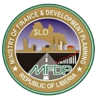
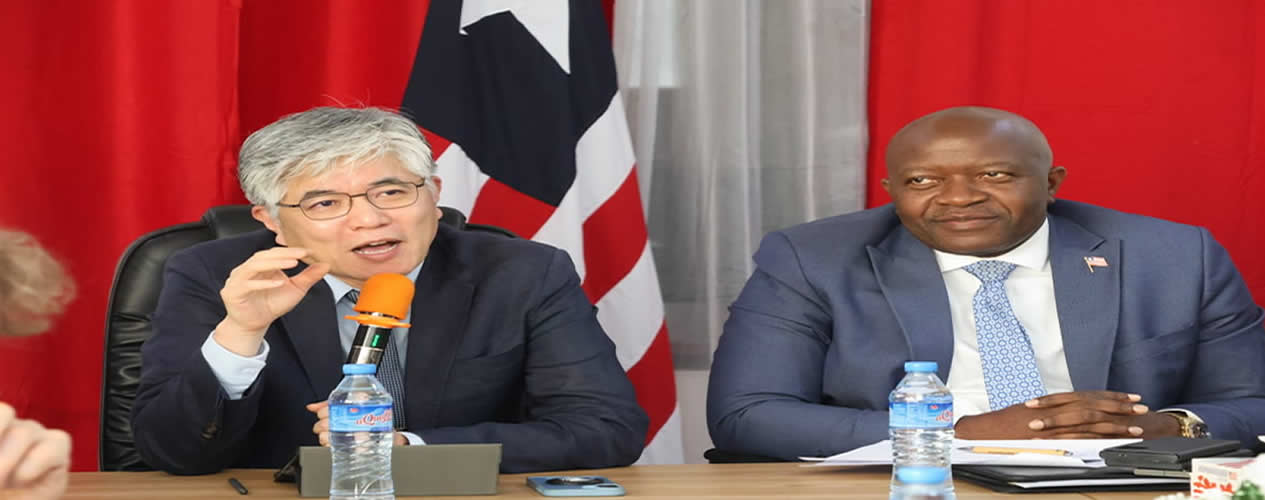
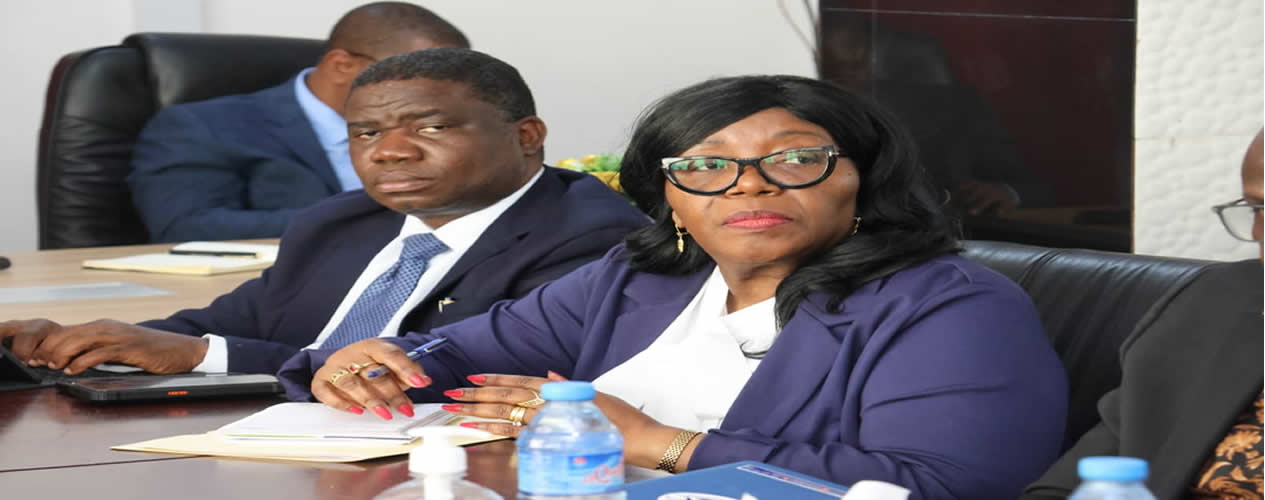
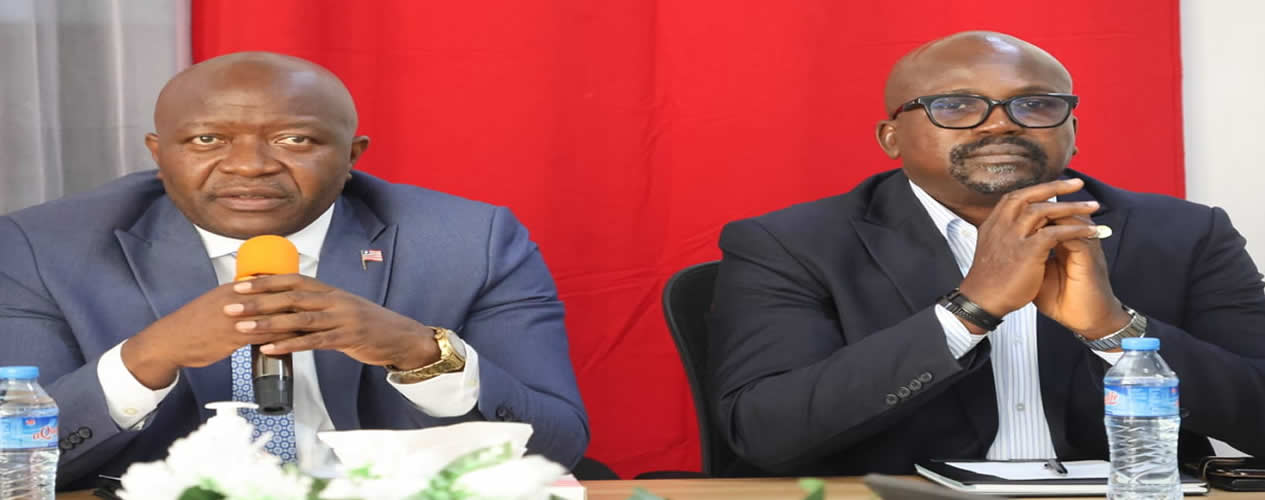
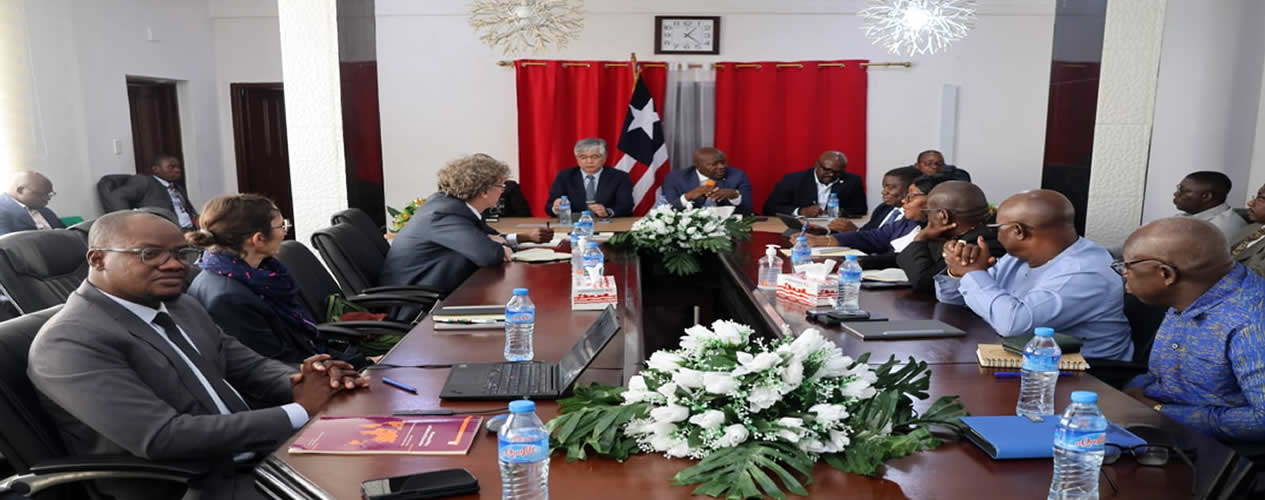
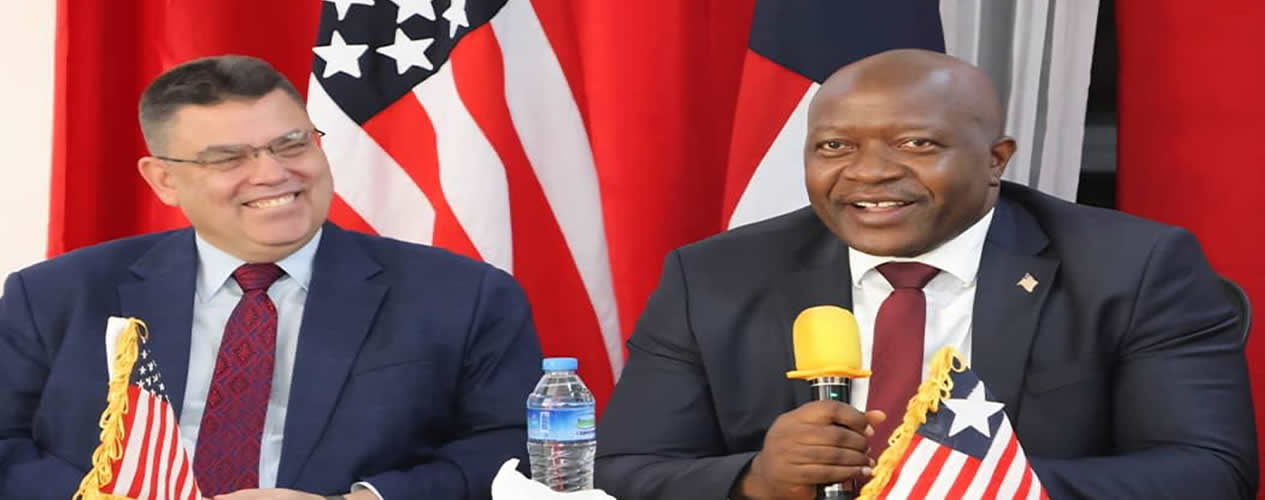
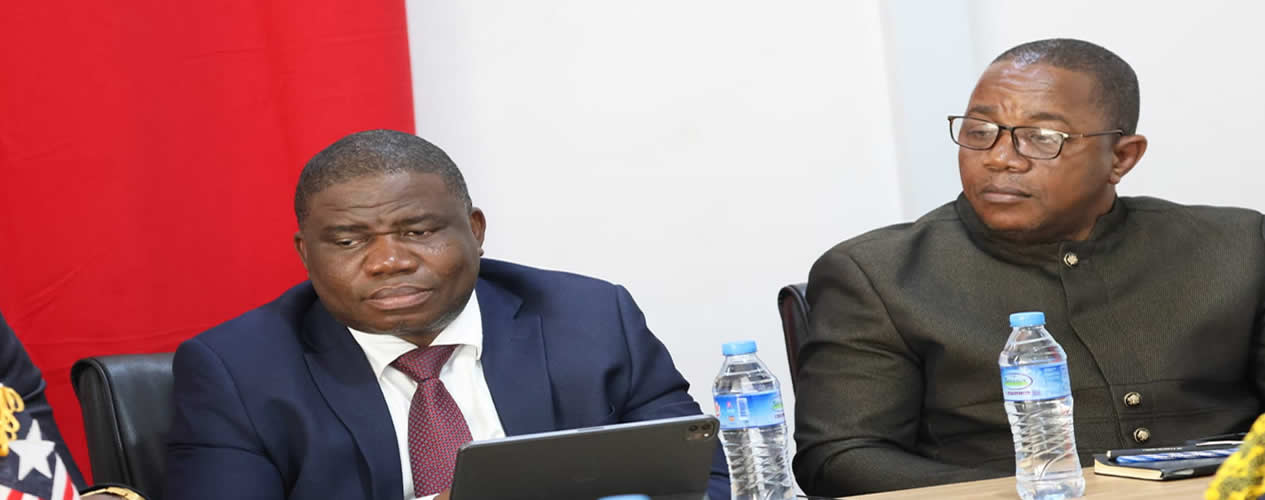
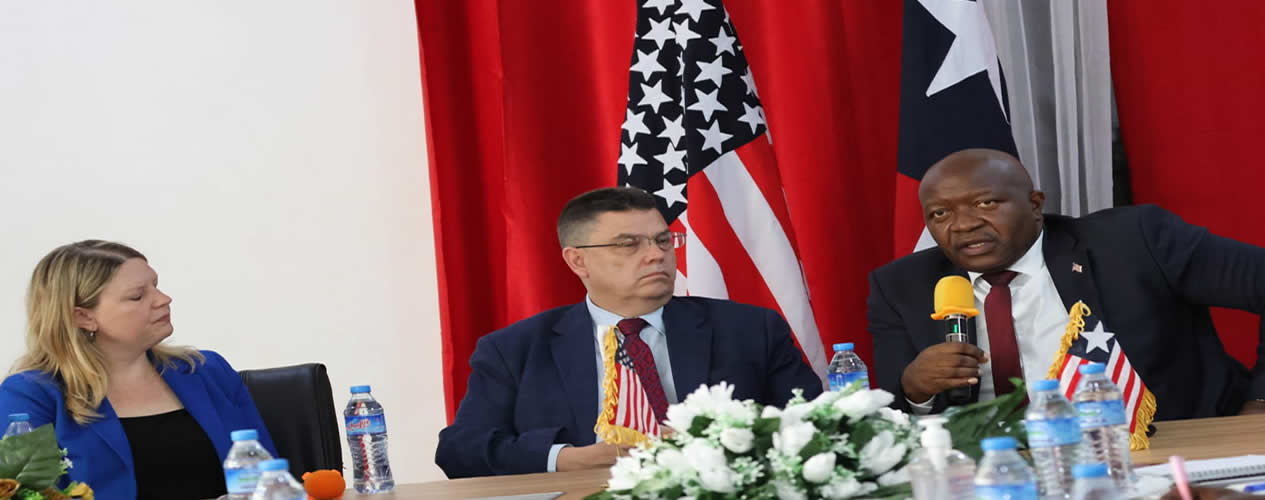
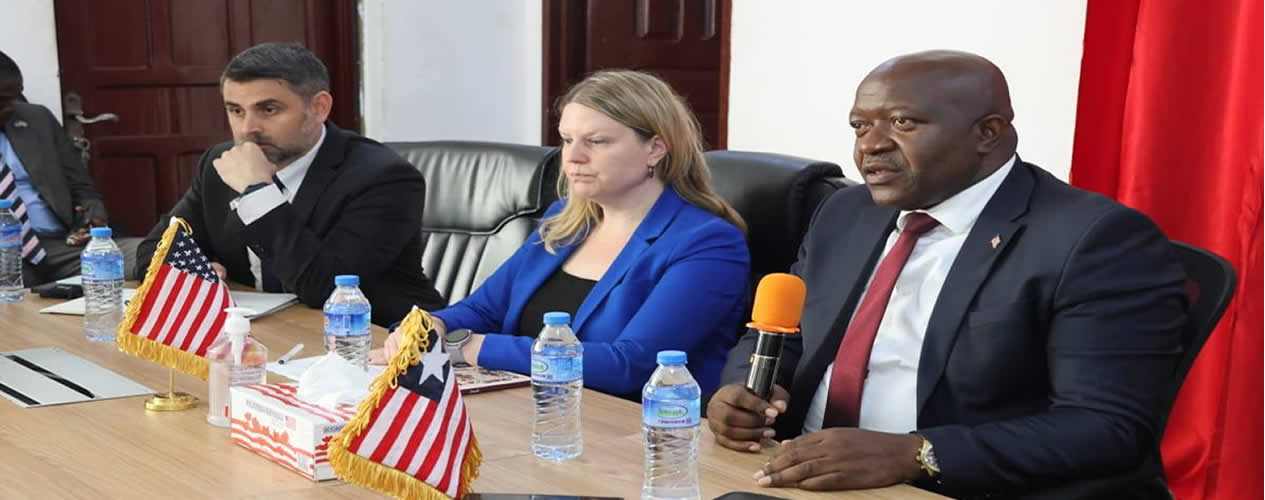
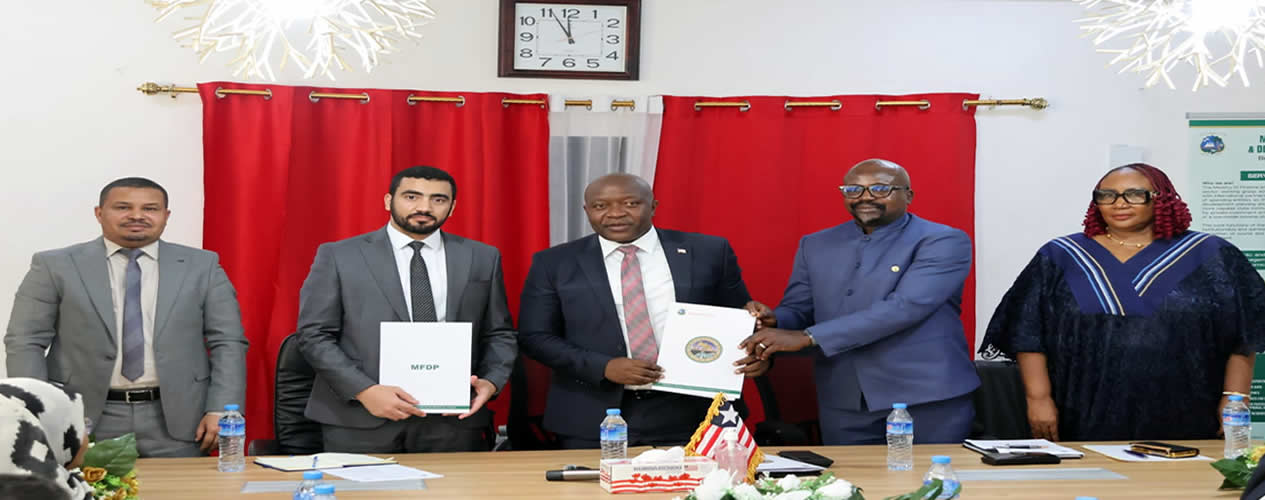
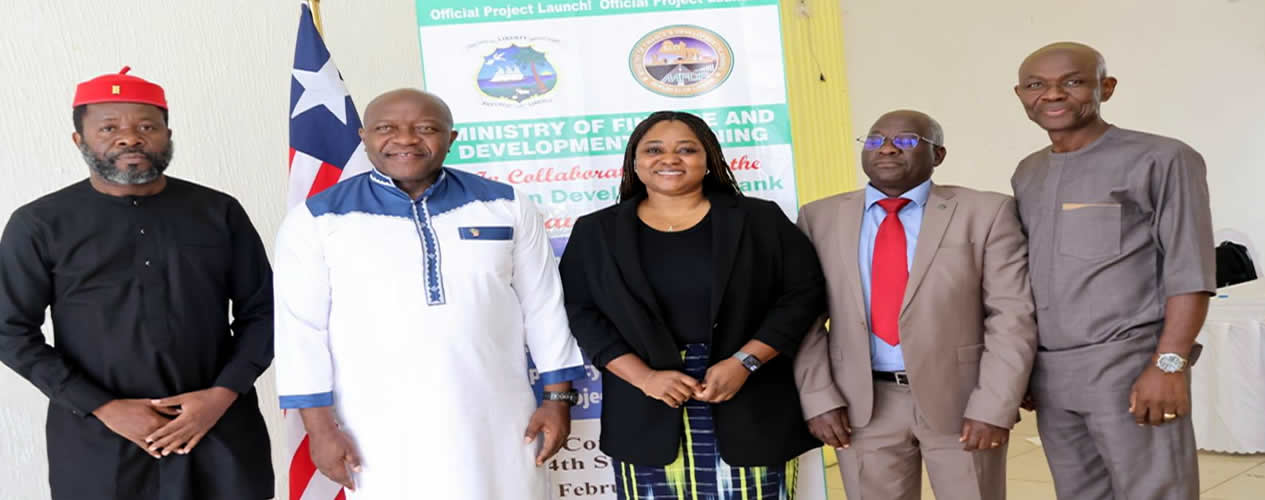
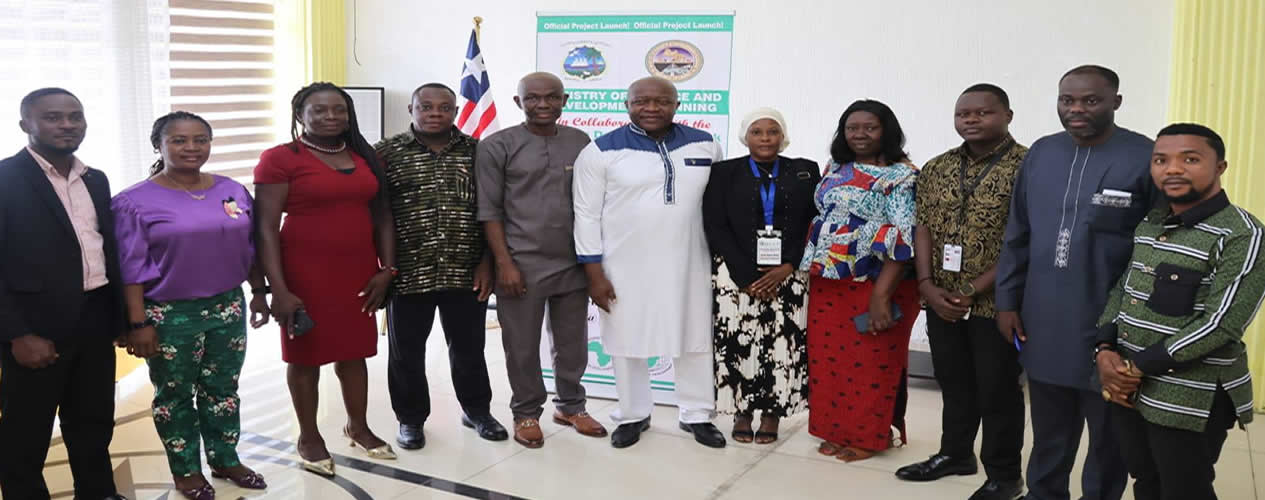
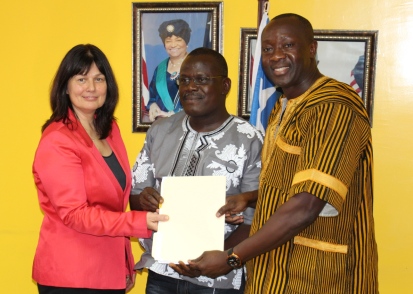 Monrovia, Liberia - In an effort to reduce poverty in Liberia, the Government of Liberia (GoL) through the Ministry of Finance and Development Planning (MFDP) has signed a US$32 million distinct agreements with the World Bank (WB) to help support various sectors of the nation’s economic revitalization, mainly in areas of electricity and the depressed FY2015/2016 National Budget of the country.
Monrovia, Liberia - In an effort to reduce poverty in Liberia, the Government of Liberia (GoL) through the Ministry of Finance and Development Planning (MFDP) has signed a US$32 million distinct agreements with the World Bank (WB) to help support various sectors of the nation’s economic revitalization, mainly in areas of electricity and the depressed FY2015/2016 National Budget of the country.